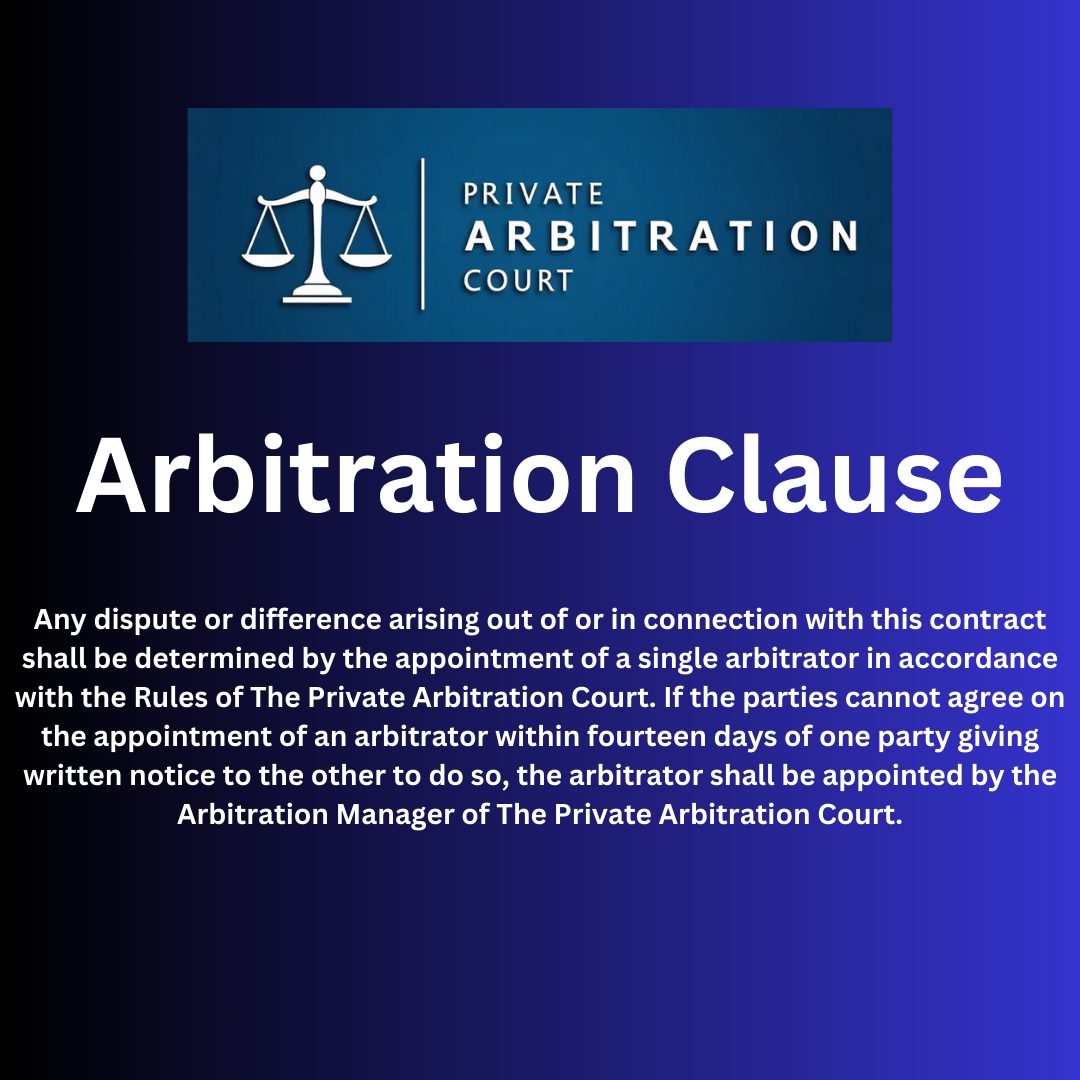
The Critical Importance of Clear Arbitration Clauses in Contracts
The recent case of Bugsby Properties LLC & another v Omni Bridgeway (Fund 5) Cayman Invt. Ltd & another [2024] EWHC 2986 (Comm) serves as a critical reminder of the need for precision and clarity when drafting arbitration clauses. The Commercial Court ruled that overlapping dispute resolution provisions in the parties’ contract led to confusion and ultimately rendered one of the clauses unenforceable as an arbitration agreement.
Case Overview
The claimants sought the Court’s assistance under Section 18 of the Arbitration Act 1996 to invoke arbitration under Clause 19.2 of a Variation Agreement. However, the Court found:
- Clause 19.2 was not an arbitration agreement within the meaning of the Arbitration Act 1996.
- The clause was intended as a simpler and swifter mechanism, distinct from the LCIA arbitration provision in Section 10.2 of the same contract.
- Even if Clause 19.2 had been an arbitration agreement, the Court would not have exercised its discretion to invoke a second arbitral process when LCIA arbitration proceedings were already underway.
Key Takeaways for Businesses
- Avoid Overlapping Provisions: Including multiple dispute resolution mechanisms in the same contract without clear boundaries can lead to costly disputes.
- Use Clear Language: Arbitration clauses should explicitly define the process, the governing rules, and the appointment of arbitrators.
- Invest in Robust Arbitration Frameworks: To avoid disputes about disputes, businesses should consider including well-drafted model clauses aligned with a trusted arbitration framework.
The Private Arbitration Court Model Clause
To ensure clarity and enforceability, Hunt ADR and The Barrister Group recommend adopting the following arbitration clause:
Any dispute or difference arising out of or in connection with this contract shall be determined by the appointment of a single arbitrator in accordance with the Rules of The Private Arbitration Court. If the parties cannot agree on the appointment of an arbitrator within fourteen days of one party giving written notice to the other to do so, the arbitrator shall be appointed by the Arbitration Manager of The Private Arbitration Court.
How the Private Arbitration Court Can Help
The Private Arbitration Court is designed to provide businesses with a reliable and efficient mechanism for resolving disputes. Key features include:
- Fixed fees for predictable costs.
- Resolution within 90 days from final submissions.
- Expert arbitrators and advanced technology via Artemis, our administrative platform.
The Bugsby case demonstrates the risks of ambiguous dispute resolution provisions. By adopting a clear, enforceable arbitration clause and using The Private Arbitration Court, businesses can avoid unnecessary delays and legal challenges while ensuring a fair and efficient resolution process.
Review your contracts today to safeguard your dispute resolution strategy.
